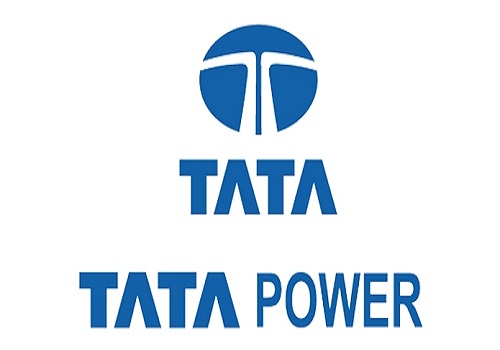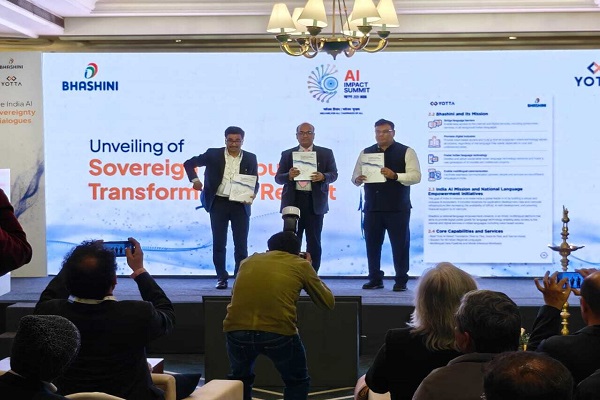Know the Difference Between TDS and TCS

Tax is a necessary yet complicated subject to comprehend. As a responsible citizen, tax planning is not only mandatory but also an important aspect of financial planning for you. Every year, you begin to evaluate your income, gather important receipts, check your investments and your tax-saver plan like term insurance plans to calculate tax payable. While doing so, you might have come across terms like TDS or TCS, which you may have struggled to understand.
The Government of India collects both direct and indirect taxes. While direct taxes apply to the income that individuals and corporate earn, indirect taxes are imposed on sale of goods and services. Tax deposition needs to be done by the assesses directly in the former, while the seller collects and deposit taxes in the latter case. Since both apply to the income source, they are confused with each other. To help you out, here’s a brief explanation of how they differ.
Defining TDS and TCS
The major difference between TDS and TCS lies in their definitions.
TDS is short form of tax deducted at source. It is the amount that companies and individuals deduct on payments made by them when the payments exceed a certain limit. These payments can be in the form of interest, rent, salaries, commission, professional fees etc. The most common example of this is a salary slip. You can find the tax deducted from source, i.e., salary on it.
On the other hand, TCS or tax collected at source is the amount of tax collected by the seller during the purchase of an item. As per the tax laws, tax collected at source is applicable only to specific items such as scrap, timber, alcohol, tendu leaves, etc. For instance, when you buy timber from a trader and they collect a specific percentage of tax from you, it is called TCS.
In both cases, there are different people depositing these indirect taxes. While TDS is to be paid by the person making a payment, TCS is to be collected and paid by the person selling products on which it is applicable.
Tax Rate for TDS and TCS
Now that you have understood the basic difference, let’s delve deeper into the TDS and TCS rates levied by the government. Note that these rates vary depending on the type of payment being made or product being sold. Here’s a table describing the same:
Tax Deducted at Source (TDS) - (Payment which are falling under Income Tax Chapter XVII) – Sample cases of payment type and TDS thereon enumerated below:
| Payment Type | Tax Rate |
| Salary | According to the Income Tax Slab |
| Lottery, horse race, crossword puzzle wins over ₹10 thousand | 30% |
| Purchase of immovable property over ₹50 lakhs | 1% |
| Rent paid for building, land, plan or machinery over ₹2.4 lakh | 10% for land and building 2% for plant and machinery |
| Single payment of ₹30 thousand or aggregate payment of ₹1 lakh | 1% for individuals and HUF 2% for the rest |
Tax Collected at Source (TCS)
| Product Type | Tax Rate |
| Alcohol/Liquor | 1% |
| Timber wood under a leased forest | 2.5% |
| Scrap | 1% |
| Tendu leaves | 5% |
| Motor vehicle purchase over ₹10 lakhs | 1% |
Depositing TDS/TCS and Penalty
Proof of tax payment can be called for anytime. For example, it can be required while buying life insurance online. So, deduction and collection of tax at source should be a part of your tax priorities if it applies to you.
TDS should be deposited every month, typically by the 7th day of the following month in which the tax is deducted. If you fail to deduct or deposit the tax, you have to pay a penalty of 1% per month or 1.5% per month, respectively.
TCS must be paid by the 7th day of the following month in which tax is collected, failure of which can lead to a penalty of 1% on the amount of tax.
As you can see, TDS and TCS are different in every aspect. Whether you belong to the category of tax collector or deductor, make sure you abide by the rules to prevent any unfortunate consequences.
Know more about term plan and long-term savings at PNB MetLife.
Disclaimer:
The aforesaid article presents the view of an independent writer who is an expert on financial and insurance matters. PNB MetLife India Insurance Co. Ltd. doesn’t influence or support views of the writer of the article in any way. The article is informative in nature and PNB MetLife and/ or the writer of the article shall not be responsible for any direct/ indirect loss or liability or medical complications incurred by the reader for taking any decisions based on the contents and information given in article. Please consult your financial advisor/ insurance advisor/ health advisor before making any decision.
PNB MetLife India Insurance Company Limited
Registered office address: Unit No. 701, 702 & 703, 7th Floor, West Wing, Raheja Towers, 26/27 M G Road, Bangalore -560001, Karnataka
IRDAI Registration number 117 | CIN U66010KA2001PLC028883
For more details on risk factors, please read the sales brochure and the terms and conditions of the policy, carefully before concluding the sale.
Tax benefits are as per the Income Tax Act, 1961, & are subject to amendments made thereto from time to time.
Please consult your tax consultant for more details.
Goods and Services Tax (GST) shall be levied as per prevailing tax laws which are subject to change from time to time.
The marks "PNB" and "MetLife" are registered trademarks of Punjab National Bank and Metropolitan Life Insurance Company, respectively. PNB MetLife India Insurance Company Limited is a licensed user of these marks.
Call us Toll-free at 1-800-425-6969, Phone: 080-66006969, Website: www.pnbmetlife.com, Email: indiaservice@pnbmetlife.co.in or Write to us: 1st Floor, Techniplex -1, Techniplex Complex, Off Veer Savarkar Flyover, Goregaon (West), Mumbai – 400062, Maharashtra. Phone: +91-22-41790000, Fax: +91-22-41790203.
















